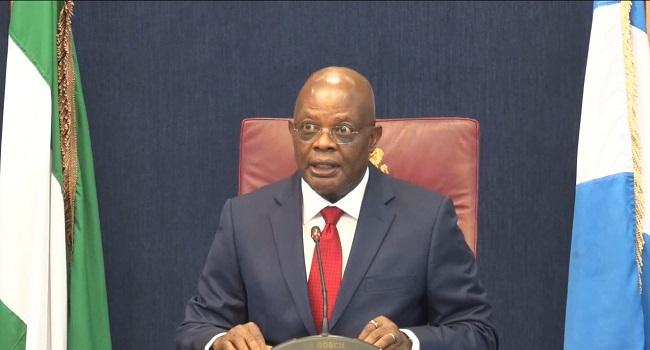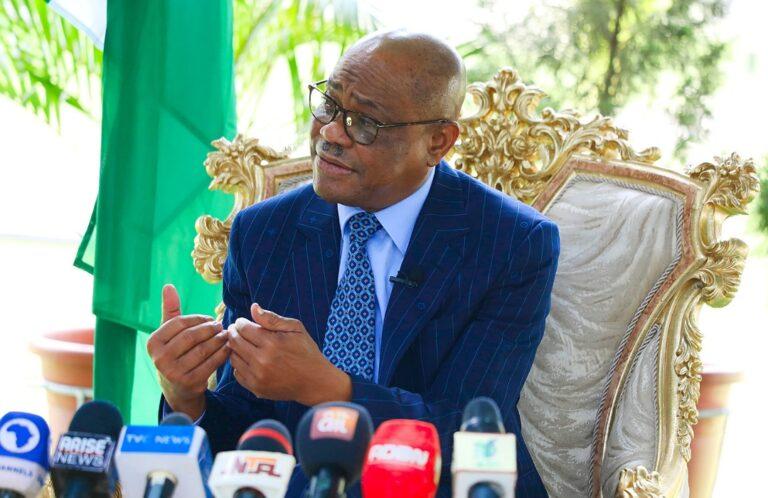The Nigeria manufacturing industry faces pain with 767 shutting down and 335 witnessing distress in 2023.
According to a claim from the Manufacturers Association of Nigeria, 767 members of the association have shut down their operations while 335 are facing economic hardship in the previous year.
in a statement in which it condemned the recently introduced Expatriate Employment Levy by the Federal Government.
The association said the action will bring negative consequences on the sector and it will further force more players from the game, saying in the current midst of a backdrop of exchange rate volatility, rising inflation, and other economic challenges that have worsened the investment climate.
The government should desist from another policy that will see a rise in the cost of production.
The association said it was knocked with disbelief, seeing that the levy runs contrary to President Bola Tinubu’s Renewed Hope Agenda and the kernel of his Fiscal Policy and Tax Reform initiative.
MAN’s statement reads, “The imposition of EEL poses a potential impact on the manufacturing sector and the economy at large.
“This will in turn mark an unwarranted and unprecedented addition to the cost of doing business in Nigeria, especially to manufacturers. The manufacturing sector is already beset with multidimensional challenges. In the year 2023, 335 manufacturing companies became distressed and 767 shut down.”
The statement future highlights the scarcity of forex needed to import raw materials and machinery, with a concern about the utilization capacity of the industry dropping by 56 percent amid rising interest rates and availability of forex.
MAN also said it was concerned that the EEL contradicts our international trade agreements and the obligations contained therein.
Adding that “Inventory of unsold finished products has increased to N350bn and the real growth has dropped to 2.4 percent.”
following the African Continental Free Trade Area agreement, which Nigeria is part of, MAN asserted due to being part of the agreement the association seeks to promote the free movement of skilled labor across the continent, which is complemented by non-discriminatory measures against fellow Africans.
The association feels the new EEL levy is unrealistic in fostering the growth of the industry, such a levy could have far-reaching implications for our national economy and potentially exert pressure on our national currency could be introduced through a Handbook, rather than a law enacted by the National Assembly.
Furthermore, the policy may bring to light different extravagant lawsuits to disturb the current administration also from rescuing the economic situation in the country
MAN recommends an urgent need from the federal government to hurt the policy from existence.
However, the new policy introduced by the Federal Government aims to address wage gaps between expatriates and the Nigerian Labor force while encouraging skills transfer and the employment of qualified Nigerians in foreign-owned companies.









